New Meds For Parkinson's Disease
New meds for parkinson's disease. Food and Drug Administration today approved Nourianz istradefylline tablets as an add-on treatment to levodopacarbidopa in adult patients with Parkinsons disease PD experiencing. Here are some of the available medicines for Parkinsons disease. Levodopa also known as L-DOPA has long been and continues to be the most effective drug in treating Parkinsons disease symptoms.
Despite billions of dollars of research there is still no cure for Parkinsons. 76 linhas About Parkinsons Disease A progressive neurological disease first described in 1817 by. It was developed in Victoria at the Florey Institute of Neuroscience and Mental Health in conjunction with the University of Melbournes Bio21 Institute.
A drug designed in the 70s levodopa is still in use but its benefits are limited and the side effects are. Experts stressed that mice of course are not humans. Levodopa levodopabenserazide Prolopa levodopacarbidopa Sinemet.
New Drug FDA-Approved for Parkinsons Off Time. Several medicines have been approved for the treatment of Parkinsons disease. FDA approves two new medications for use in Parkinsons treatments.
UPDATE October 14 2019. Most people with Parkinsons disease will take this drug at some point. Voyagers approach aims to replace the enzyme AADC in brain cells to improve levodopa conversion to dopamine for better control of motor symptoms and less off time in.
The researchers used robot-assisted neurosurgery to implant a special delivery system to release Glial Cell Line-Derived Neurotrophic Factor into the brain cells of Parkinsons patients. Nuplazid pimavanserin3 4 Nuplazid pimavanserin is the first medicine approved for the treatment of hallucinations and delusions associated with Parkinsons disease psychosis. Speak to your doctor for detailed information regarding effectiveness and side effects of a particular drug.
Nuplazid represents an important treatment for people with Parkinsons disease who experience these symptoms An estimated 50000 Americans are diagnosed with Parkinsons disease each year. In the new study lab mice that grew new neurons also showed improvements in Parkinson-like movement problems.
In the new study lab mice that grew new neurons also showed improvements in Parkinson-like movement problems.
Levodopa levodopabenserazide Prolopa levodopacarbidopa Sinemet. Despite billions of dollars of research there is still no cure for Parkinsons. 76 linhas About Parkinsons Disease A progressive neurological disease first described in 1817 by. FDA approves two new medications for use in Parkinsons treatments. A drug designed in the 70s levodopa is still in use but its benefits are limited and the side effects are. Several medicines have been approved for the treatment of Parkinsons disease. A new drug for PD rotigotine has been introduced in Europe and elsewhere as Neupro. The drug involved is called CuATSM and targets affected brain cells through a copper capsule taken orally which was taken three times daily by patients over the course of six months. 20 2020 HealthDay News -- While there are treatments to alleviate symptoms of Parkinsons disease there is no known cure or preventive drug.
Nuplazid pimavanserin3 4 Nuplazid pimavanserin is the first medicine approved for the treatment of hallucinations and delusions associated with Parkinsons disease psychosis. There are side effects that can occur with Levodopa including. MYOBLOC rimabotulinumtoxinB and NOURIANZistradefylline. This compound is a dopaminergic agonist a class of drugs that also includes drugs that have been available for many years in the US including Mirapex Requip and Permax pergolide. The researchers used robot-assisted neurosurgery to implant a special delivery system to release Glial Cell Line-Derived Neurotrophic Factor into the brain cells of Parkinsons patients. A new drug for PD rotigotine has been introduced in Europe and elsewhere as Neupro. 76 linhas About Parkinsons Disease A progressive neurological disease first described in 1817 by.

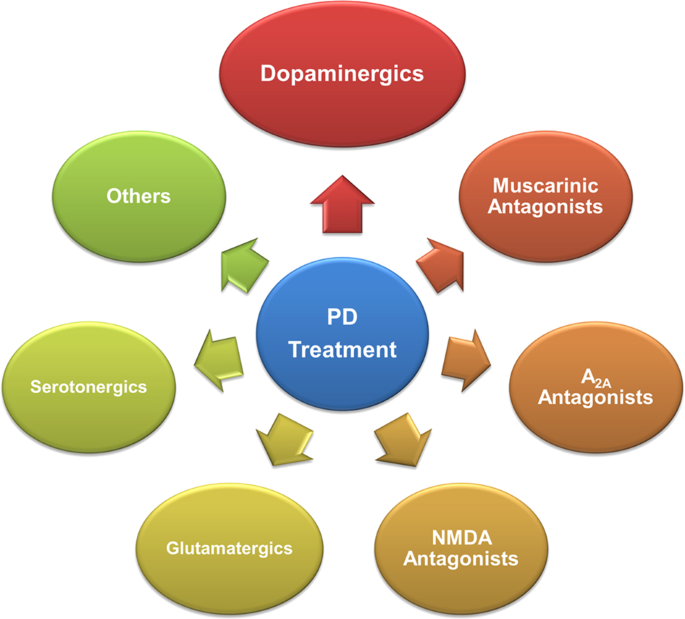

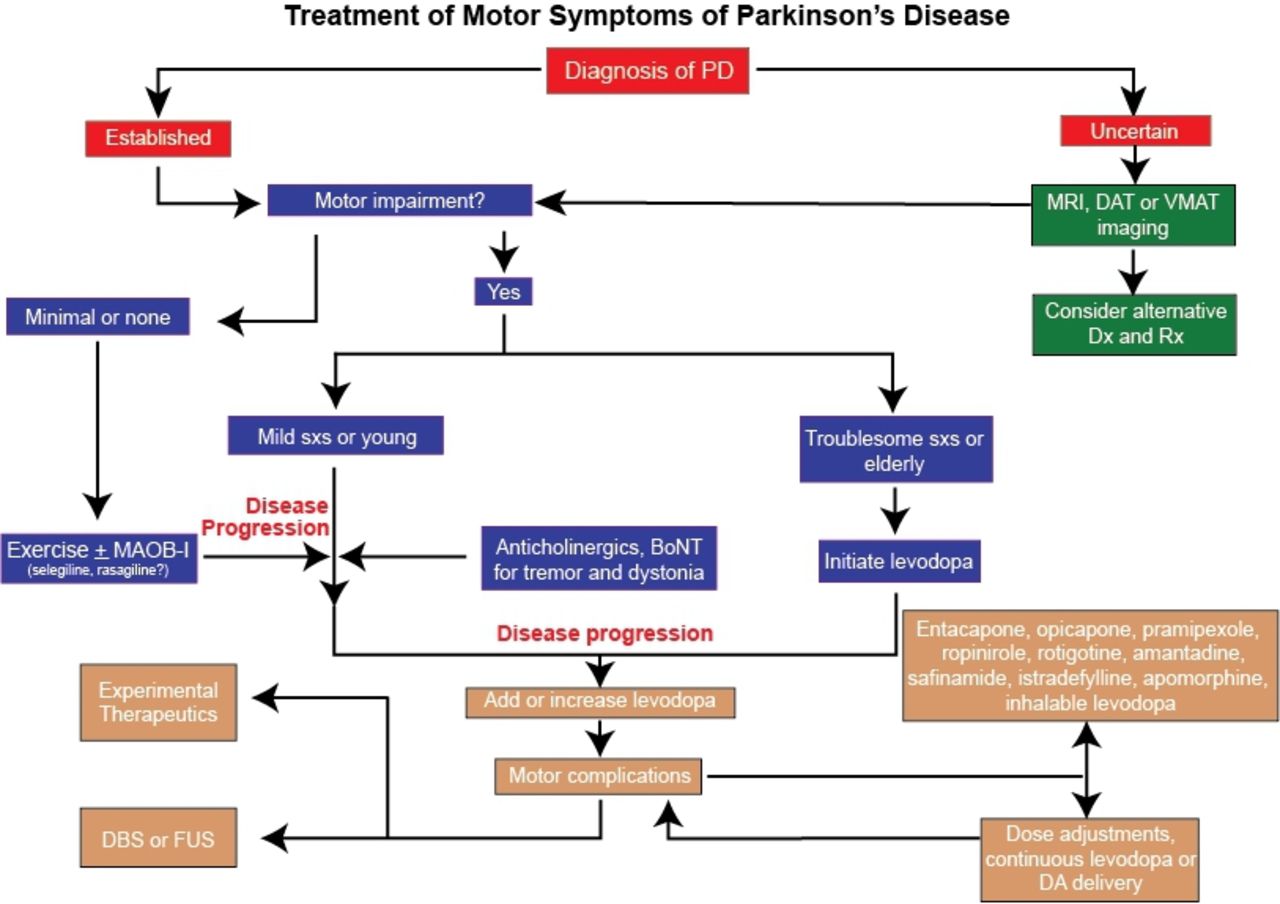




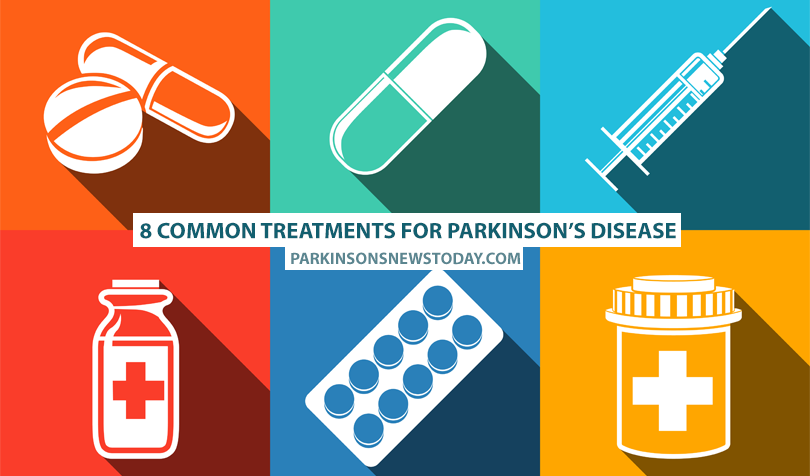


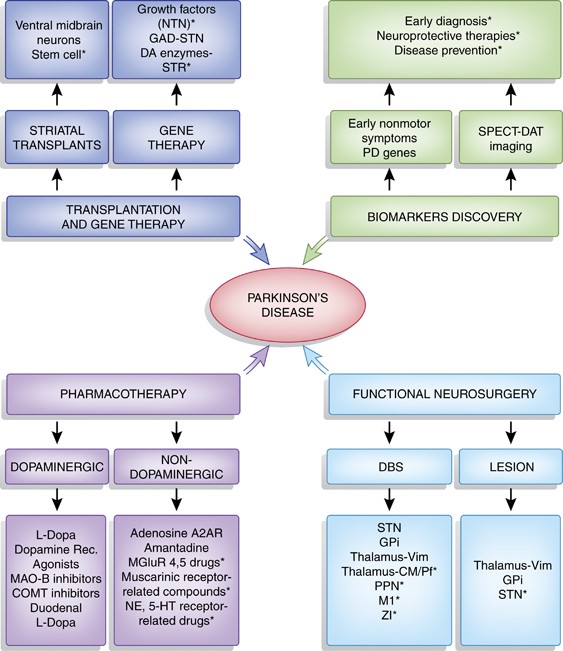

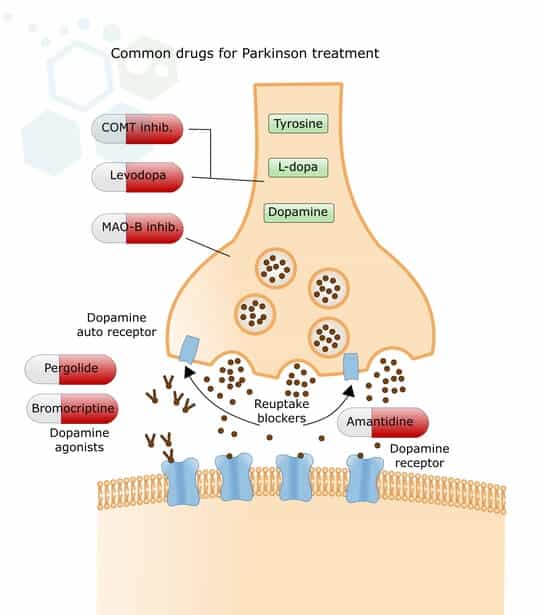


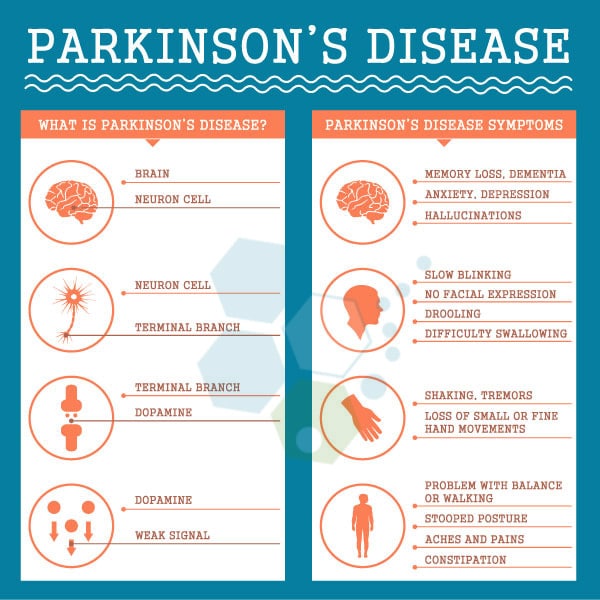
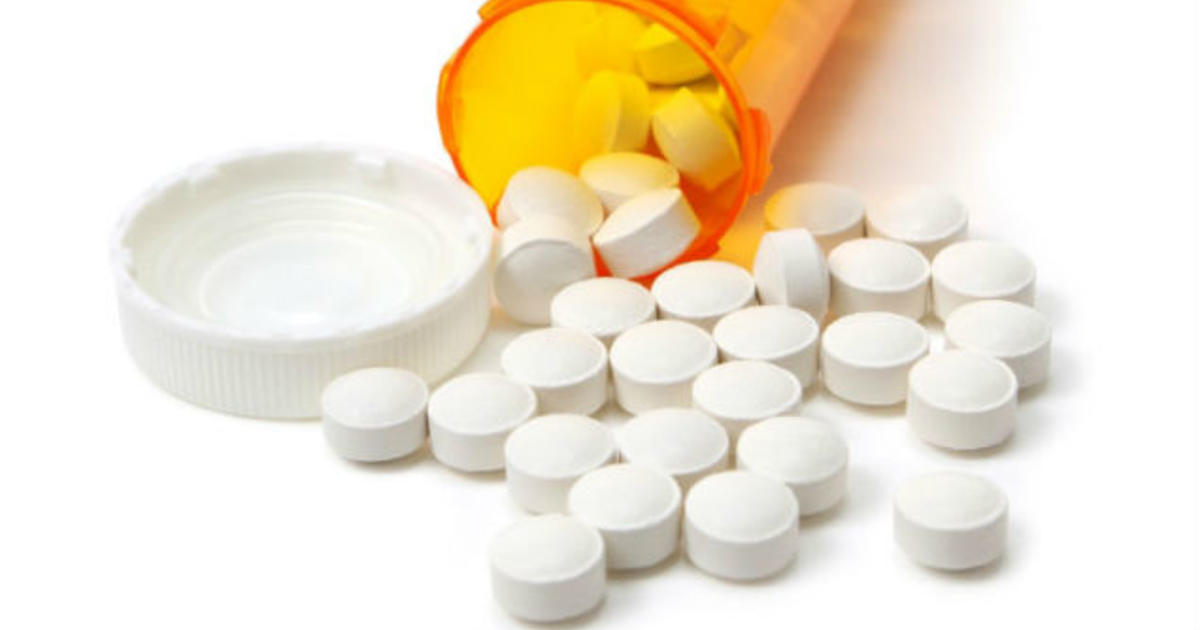




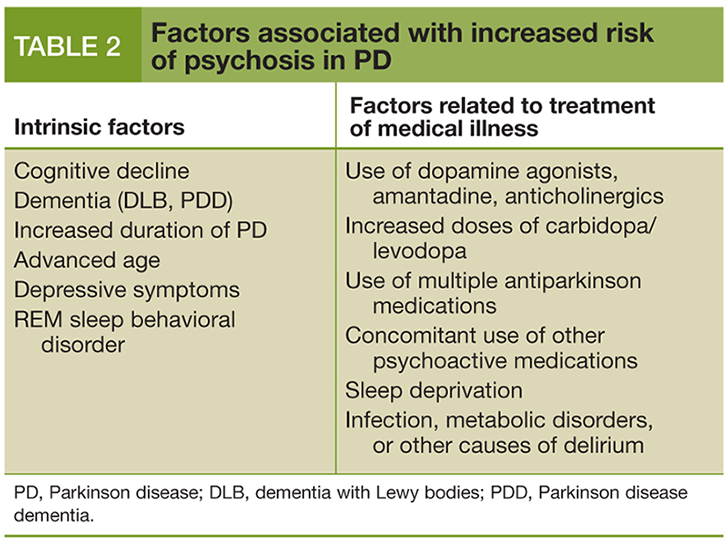
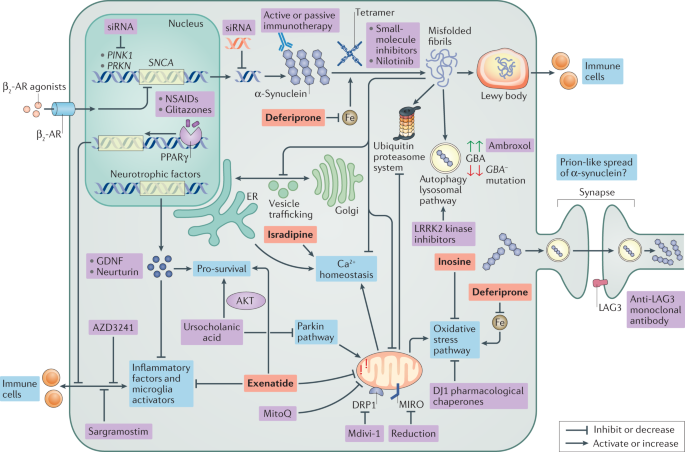


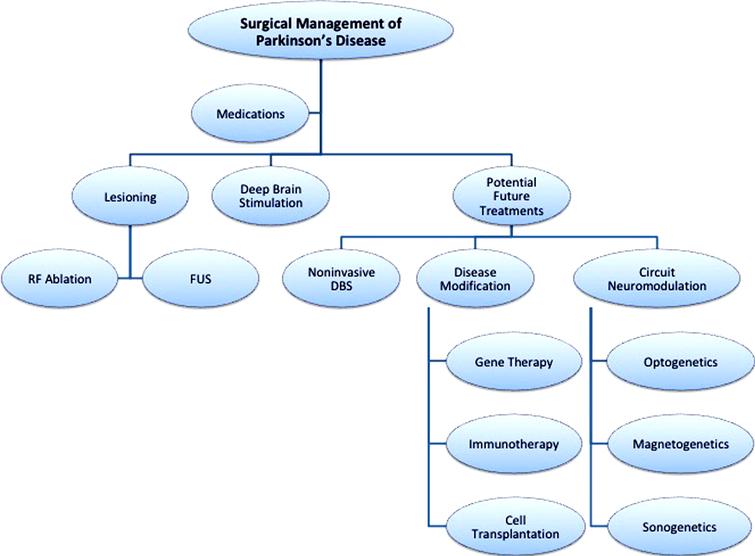





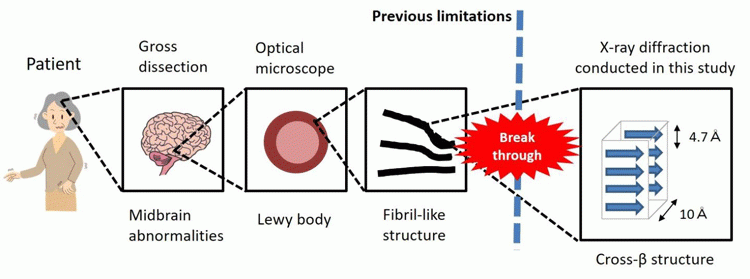













Post a Comment for "New Meds For Parkinson's Disease"